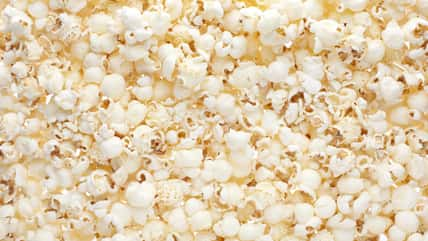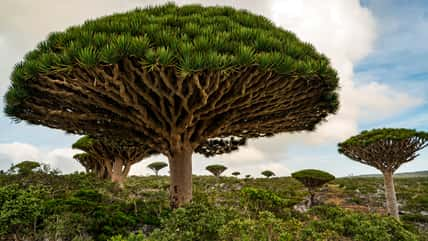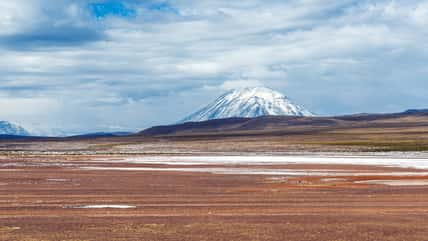The Great Barrier Reef Is Facing The Hottest Ocean Temperatures In 400 Years, Causing Coral Bleaching And Threatening The Marine Ecosystem

The Great Barrier Reef, on the northeast coast of Australia, contains the largest collection of coral reefs in the world. It stretches for more than 1,400 miles over an area of approximately 134,000 square miles. It is also home to many species of fish and mollusks.
Unfortunately, a new study has found that the Great Barrier Reef is facing the hottest ocean temperatures in 400 years. The rapid warming is causing coral bleaching, which poses a huge threat to the marine ecosystem in the area.
“The world is losing one of its icons,” said Benjamin Henley, the lead author of the study and a paleoclimatologist at the University of Melbourne, Australia. “We will sadly see the demise of one of Earth’s most spectacular natural wonders.”
The temperature of the sea’s surface in the first three months of 2024 has been the warmest on record since four centuries ago. It reached 0.34 degrees Fahrenheit above the previous record high. High temperatures are the main contributor to coral bleaching.
Coral bleaching occurs when extreme heat or pollution causes corals to excrete the colorful algae living in their tissues.
As a result, the corals lose their bright colors and turn white. They also lose their primary food source. Corals can survive a bleaching event, but they are more susceptible to disease and death.
The research team traced back sea surface temperatures over the span of 400 years by using temperature records from several locations on the eastern portion of the reef.
The records were made up of ship and satellite data, as well as coral cores. They are drilled from coral skeletons that contain light and dark bands, representing the number of years they’ve been around, much like the rings of trees.
The scientists measured the strontium and calcium ratio in the coral cores to estimate the water temperature at the time of the corals’ growth. The higher the temperature, the lower the ratio of strontium to calcium. They also measured levels of an oxygen isotope left behind in the coral. The higher the oxygen content, the cooler the water was.

Noemie – stock.adobe.com – illustrative purposes only
Between 2016 and 2024, from January to March, which is the Australian summer, the sea surface temperatures were 1.38 degrees Fahrenheit higher than they were between 1970 and 1990.
They were almost three degrees higher than the coolest summer ever documented from 1618 to 2024.
The new study illustrates the danger of climate change to the Great Barrier Reef. It is critical that greenhouse gas emissions from human activities are reduced to prevent the sea surface temperature from climbing upward.
If this can be done, there is a possibility that the ecosystem can be restored. But, scientists and institutions must come together to create change. They also need to move quickly before the damage becomes irreversible.
The study was published in the journal Nature.
Sign up for Chip Chick’s newsletter and get stories like this delivered to your inbox.
More About:News





